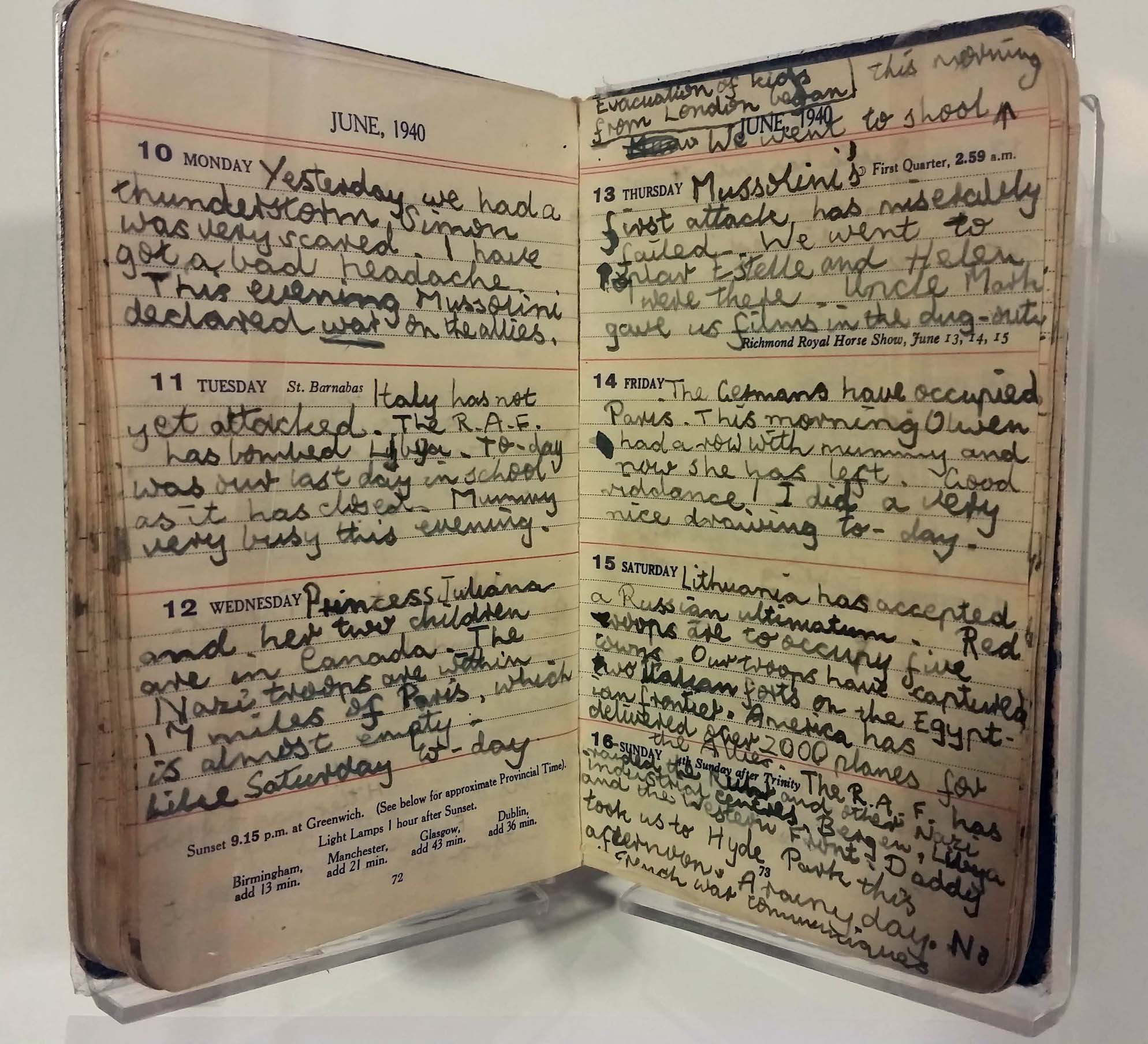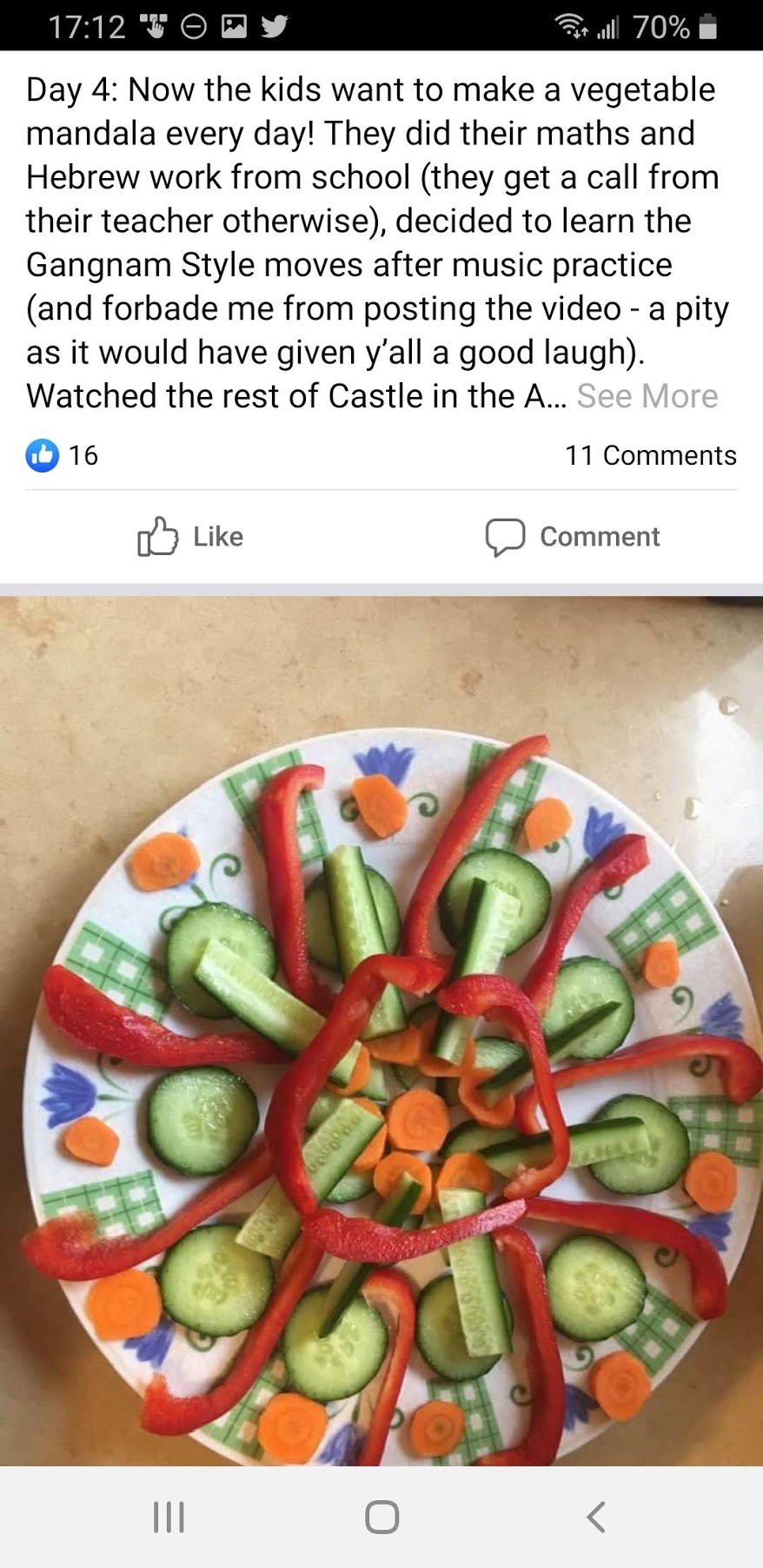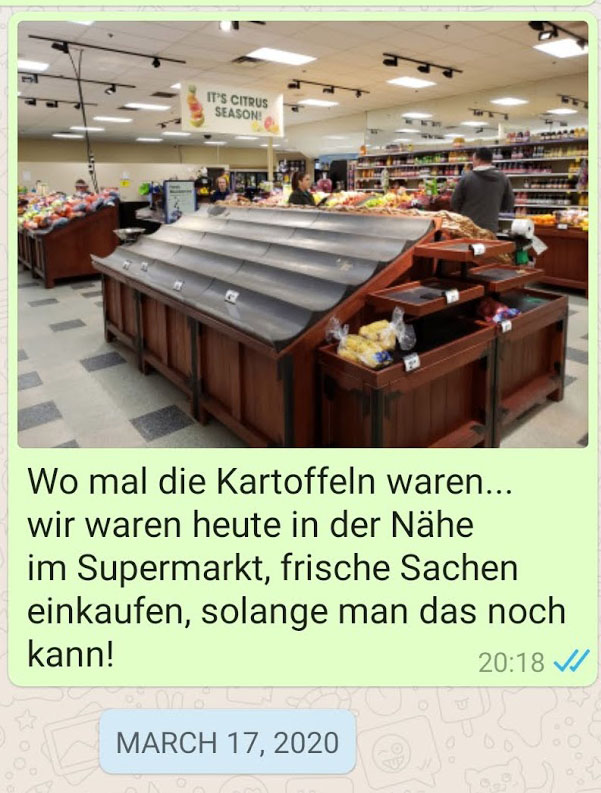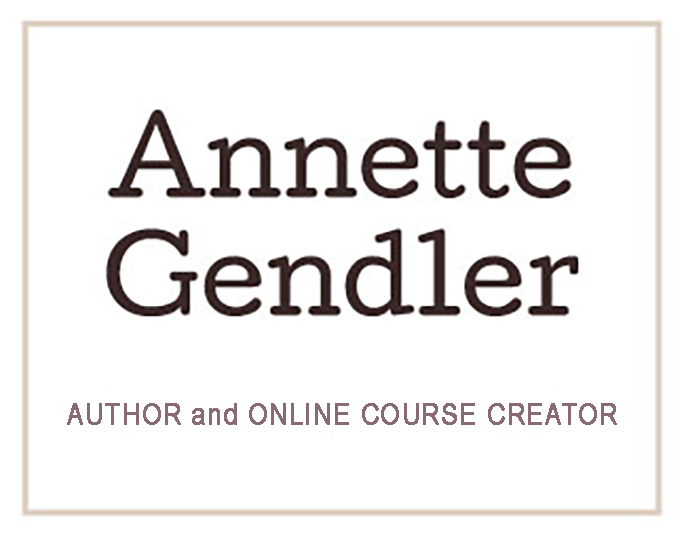
War time diary of 12-year-old Sheila Cohen, living in London, 1940 (Jewish Museum, London – I took this photo in December 2018)
Be sure to keep a diary of these challenging times of the COVID-19 pandemic!
It doesn’t have to be a diary like the one pictured above, kept by 12-year-old Sheila Cohen during World War II in London. In this day and age, you can download and save your Facebook posts, WhatsApp Chats or Snapchat stories. You can plop the photos you’re sharing of empty toilet paper shelves into an online photo album. A friend of mine in Jerusalem is doing daily posts on Facebook of what it’s like to suddenly have to home school and entertain her kids all day:

You can, of course, sit down every evening and write a few lines about what happened to you that day. I am sticking with my Morning Pages routine, except that now daily entries are titled “Day # of COVID-19 home stay.” I’m also saving some of my WhatsApp chats like I did with my WhatsApp travel journal last year.
The point is to do yourself and your loved ones, especially those who will come after you, the favor and keep a record of what it was like to live through the COVID-19 pandemic. It will be an invaluable record, and it also has a calming effect on you.
Keep it personal. All the national stuff will be recorded by the history books. But the experience of ordinary folks is what will be most compelling to future generations. This is why, on different scale but nevertheless, the two most popular books about the Holocaust are memoirs: The Diary of a Young Girl by Anne Frank and Elie Wiesel’s Night.
Be sure to capture the mundane details, the decision making, the anxieties: your trials and tribulations, the hunt for toilet paper, hand sanitizer, soap, the stress of moving your job online or grandma’s nursing home shutting its doors to visitors, the travel bans and ever-changing notifications by the authorities, whether about pushing back the April 15 tax filing deadline, or closing all liquor stores (in Illinois yesterday).

WhatsApp message to my siblings: “Where the potatoes used to be – we were shopping today at a supermarket nearby to get some fresh stuff as long as that is still possible!”
Years from now, younger generations will ask: What was it like to deal with the COVID-19 pandemic?
My kids already asked what it was like to live through 9/11. They were alive, but they were very young. Now they are adults and are facing their first national (and in this case, international) catastrophe. And so they ask: What was it like? What did you worry about? What were you thinking?
And when we aren’t around anymore, those who come after us will dig through what records we left to find guidance, solace and inspiration when faced with their calamity. This is a moment when we can actively write family history because we know history is happening. And we ourselves will want to be able to look back. As events pile on, we will forget the day to day and how it all transpired.
We’re making history right now, in a big way, even in our small lives.
The disruption of daily life is unsettling, as is the uncertainty of what will happen, especially since we have never experienced something like this before. But neither did our ancestors. When we think about preparing for a calamity, we’re always fighting yesterday’s war because that’s all we know. Sometimes science fiction can be helpful in imagining what could transpire, but it never quite happens the way any human thought it would.
When faced with a calamity, we’re always facing the unknown.
It is always unique. That is the nature of the beast. As your own anxiety level mounts, it is reassuring to look back at how our ancestors faced their calamities. There is great solace in the knowledge that they got through it. Otherwise we would not be here.
Furthermore, taking some time at the end of your hectic day to write down or capture, in some other way, what happened to you, what moved or worried you, has a calming effect.
This practice gives you a few moments of mindfulness, of stopping time to see where you are at. And, for the vast majority of moments, you will find that you are OK.
In that very moment, despite all that is going on, you are OK. Reminding yourself of that is surely worth this little effort that will provide even greater solace and insight in years to come, in situations we cannot even imagine.
Be well, keep calm, and carry on!

Thank you for this Annette! I started a COVID-19 diary yesterday and I appreciate your perspective, especially regarding the focus on keeping it personal v. recording national stuff.
Glad to provide some inspiration! Keep up the good work!